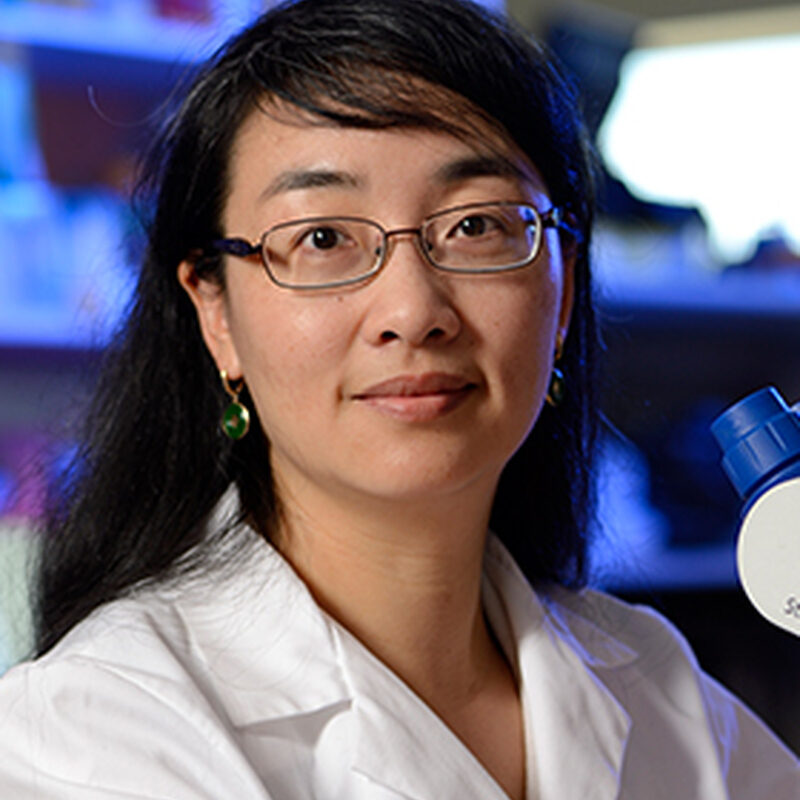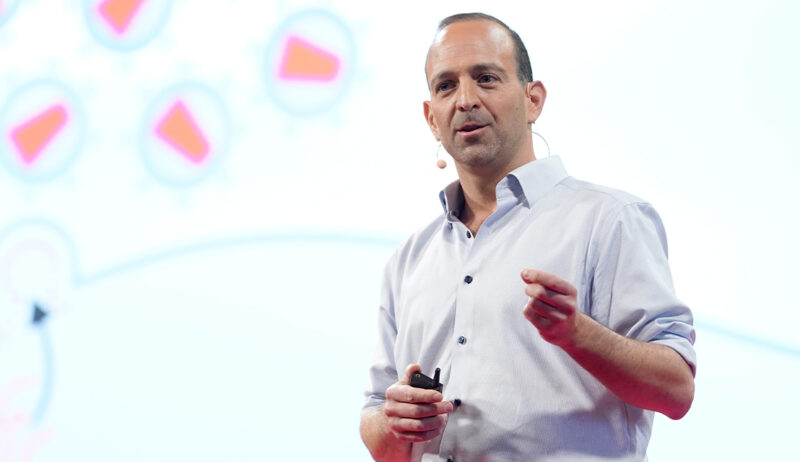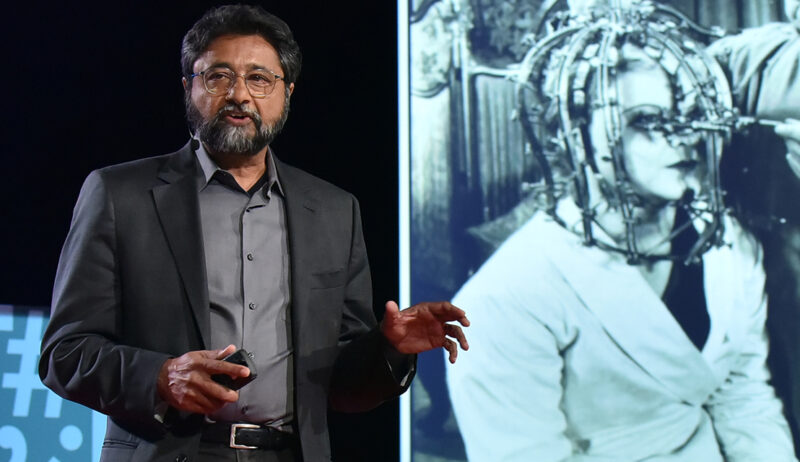About this talk
Organoids are tiny collections of cells that grow into mini organs in the lab, closely mimicking the development and reactions of actual human organs. Guo-li Ming, the Perelman Professor of Neuroscience at the University of Pennsylvania’s Perelman School of Medicine, leads a laboratory that creates and uses organoids to model diseases and treatments in the brain.
With the Zika virus outbreak in 2015, Guo-li and her team were able to put their brain organoids to the test, ultimately drawing the connection between the virus and the neurodevelopmental disease microcephaly. Tune in to Guo-li’s 2017 TEDMED Talk to learn more about the exciting potential of organoids and how they can help us to better understand and treat microcephaly, as well as other neurological disorders such as Alzheimer’s, autism, schizophrenia, and more.
About Guo-li Ming
See more
About Guo-li
Guo-li Ming is a distinguished neuroscientist and professor at the University of Pennsylvania and the University of Hong Kong. She leads a lab that is creating and using organoids—which are tiny, lab-grown tissues that act like small brains—to study human diseases. Her work is focused on understanding how brain diseases develop, with the goal of finding new treatments. Her research has had a major impact on understanding conditions like Zika-induced microcephaly, a severe birth defect that affects the brain. By using organoids, her team can see how the Zika virus attacks and damages developing brain cells. Her lab also studies other serious neurological disorders such as schizophrenia and autism. Guo-li, who received her initial medical training in China, is a member of the Society for Neuroscience and the American College of Neuropsychopharmacology. She is also a frequent collaborator with her husband, Hongjun Song, on research related to neural stem cells. Her work in a field called neurogenesis—the process by which new neurons are formed—is helping to unlock the secrets of brain development and disease.










